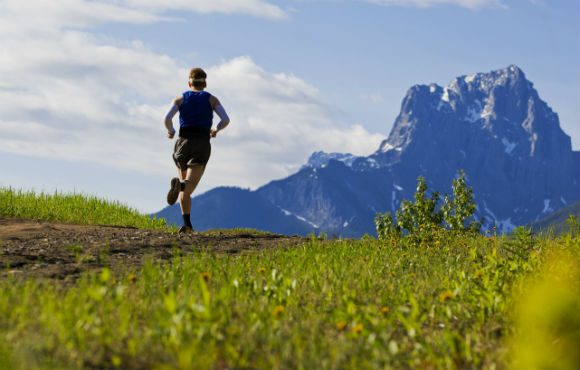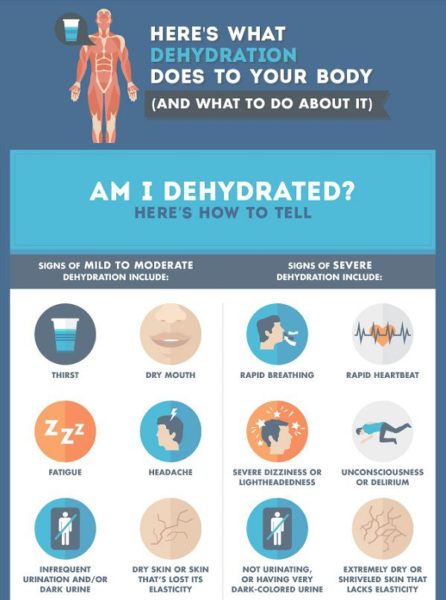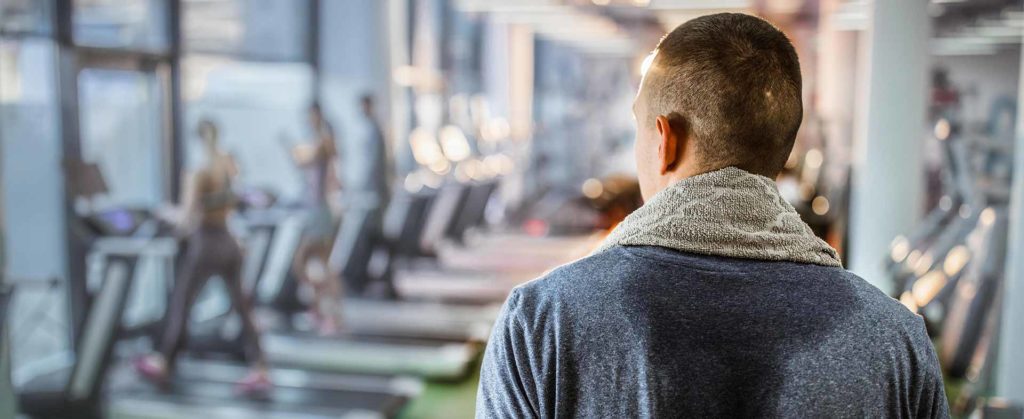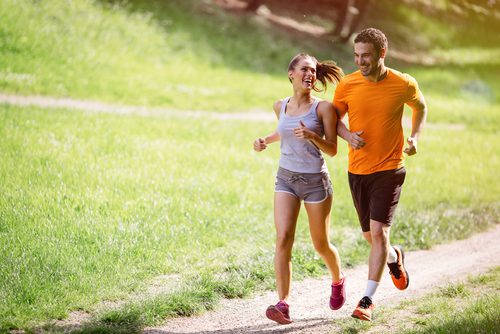Are you in search of exercise tips to keep you active in these scorching summer months?

The summer months are a great time to switch up your exercise routine; running outside, swimming, and cycling are just some examples of activities you can add to your regimen. It is always important to keep changing your routine so you do not overuse certain muscle groups and underuse others. It also ensures that your body is adapting and getting stronger. If you perform the same workout over and over, eventually your body gets used to it and you will stop seeing positive changes. Outlined below are a list of exercise tips to consider before taking your workout outside. They will help ensure a safe, fun, and productive workout without negative complications.
Exercise Tips for Summer
- Do not eat right before or after your workout
- This might seem counterintuitive but it is best to not eat for the hour right before and after your workout. The reason is that as your body digests food it creates heat. If you are about to run outside, it is not a great idea to eat a heavy meal right before; your body is going to be creating a good amount of internal heat to digest that food as you are running. This will not allow for your food to be digested properly. Instead, eat something light about 2 hours before your outdoor workout.
- Additionally, while it may be tempting to eat as soon as you get inside your body is still going to be hot from the workout and outdoor temperature. It is best to let your body cool down before eating a meal. If you were to eat right away, you are extending the amount of time it will take for your body to cool back down.
- Stay hydrated
- This is more of an obvious one but is still worth mentioning. When you exercise outside you are guaranteed to lose water via sweat. This should be adequately replenished before the next time you workout outdoors.
- The best way to ensure you are staying hydrated is to consistently drink water throughout the day, whether you are planning on exercising outside or not. That way, you are not tempted to chug a large quantity of water right before a workout, which is not a good idea.
- Another good way to stay hydrated is to diversify your liquid intake to include electrolyte beverages, such as coconut water. Coconut water is an all-natural source of electrolytes that is extremely hydrating. It is high in potassium, magnesium, sodium, and calcium. When we sweat, we lose a significant amount of electrolytes so it is important to hydrate with beverages other than plain water to properly replenish.

- For more information about hydration in the summer, check out this blog post: https://charmaustin.com/signs-of-dehydration-and-proper-hydration-tips/
- Listen to your body
- While there are plenty of benefits to working out outdoors, there are also risks. Heat-related illnesses, such as heat exhaustion and heat stroke, are serious and not to be taken lightly.
- Heat exhaustion occurs first and is characterized by heavy sweating, cold/clammy skin, dizziness, and tiredness/weakness.
- If you start to experience these symptoms, you should move to a cool place (inside ideally), put cold/wet clothes on your body, and drink water.
- Heat stroke occurs if heat exhaustion is not managed properly. This is extremely serious and requires medical attention.
- Symptoms of heat stroke include: loss of consciousness, racing heart rate, dry/hot skin, and severe headache.
- When you are exercising outside, make sure to listen to your body and notice how it feels. If you start to feel nauseous or light-headed, for example, take a break. You do not want to ignore the warning signals your body might be sending you. It is best to pay attention to the warning signs and make a change.
- Wear breathable materials
- Investing in breathable, sweat-wicking exercise clothes is worthwhile if you plan on committing to outdoor activities. You want to avoid materials such as cotton which will keep heat close to your body. There are plenty of protective clothing options that can help absorb sweat, keep you cool, and even protect your skin from the sun.
- Alternatively, If wearing protective clothing isn’t your thing, you could expose more skin (as long as you wear sunscreen) because this allows for the sweat to evaporate.

In summary, the summer months are a great time to try out new forms of physical activity. Just keep in mind that your body is going to need more preparation and recovery time. Follow these exercise tips to stay cool and stay hydrated!





